The early years of life are a critical time for the development of the foundations for both cognitive and emotional well-being. At these developmental ages, children start to feel many feelings and find their way into social relations. When we understand the emotional developmental stages of early childhood, however, it helps us know how best to support our children in their journey toward emotional and social maturity – parents, caregivers, and educators.
Relationships and Emotional Development Early on in Their Lives
Emotional development in Childhood is the challenge for the child to progressively build up experience, expression, understanding, and regulation of emotions from birth and the growth the child undertakes in becoming an emotionally competent person. Social development is intimately connected to emotional development, as our emotions directly affect how we interact with others. The stages of emotional development provide the basis for a healthy framework for the mental health and well-being of a person in the whole process of life.
Emotional Development Stages
- Infancy (0-1 Year)
- Toddlerhood (1-3 Years)
- Early Childhood (3-6 Years)
- Middle Childhood (6-12 Years)
Emotional development in children starts from the first year of their life, when children form a background of dependency on the primary caregivers. This tie, called “attachment,” is very important to the child feeling safe and being able to develop trust. Babies communicate through crying, cooing, and smiling. At this stage, caregivers have a central role in responding to the needs of their child, which helps the baby to manage their emotions.
For the first time in one’s life, toddlers develop an identity and self-reliance. Characterised by greater emotional development, this stage sees many new emotions, pleasant ones like happiness and also negative ones like anger, fear, and frustration. Deciphering social cues and feelings for the needs of others but being unable to control emotions on their own. Promote self-expression in kids, and ensure that you follow a proper routine that helps them sort their emotional chaos.
In other words, emotional development grows more sophisticated during early childhood. They learn about friendship. They have interactive play with other age mates. During this stage, children spend a good part of their time figuring themselves out as they search for ways to express their feelings, as well as normalising their emotions and feelings so as to know how it relates to what other people feel. Play leads to social play and social interactions are needed for social development.
During middle childhood, children understand emotions on a higher level and they can express themselves better than they did in preschool age. Actually, they realise more about the social world and build deeper relationships. That is when peer influences start to matter and children begin to learn how to handle complex social dynamics. To help children navigate this stage, creating an open dialogue, instilling proper conflict resolution tools, and building self-esteem is important.
That rounds up the various emotional development stages. It goes a long way in understanding emotional development in early childhood.
Emotional Development is Affected by:
A number of factors contribute to the emotional development of the child in the early years:
- Parenting Style
- Environment
- Temperament
- Social Interactions
- Books for Early Childhood Emotional Development
- Support Emotional Expression
- Modelling Healthy Emotional Conduct
- Teach Emotional Regulation
- Promote Social Interaction
- Problems During Emotional Development
- Anxiety and Fear
- Aggression and Anger
- Social Withdrawal
The interactions of parents with their children have a lasting impact on their emotional growth. It stands to reason that children will typically experience secure emotional development in the context of authoritative parenting (pressuring or permissive or neglectful parenting would not have this result).
A child’s environment, which includes his home, school, and community, is essential to his emotional growth. A secure and encouraging atmosphere provides kids with the safety net they need to explore and express their emotions.
Children, however, are different in that they have their individual temperament that affects how they react emotionally. Naturally sensitive children might need some extra help to manage their feelings.
What is said or done to kids by peers, family members, or teachers can contribute toward their social and emotional working at that time and even later in their life. Good social interactions teach children key social skills like empathy, collaborating, and conflict resolution.
Fostering emotional development in children is fairly simple with parents, and involves providing children with an environment in which they can be nurtured in, giving them quick and stable responses when they ask for something, as well as opportunities to learn to think with their hearts.
Teaching kids to be comfortable with their emotions is helping them learn how their feelings function. Provide encouragement so that children will know they can discuss what is happening without being judged.
Children learn from adults around them, plain and simple. Being a role model for healthy emotional behaviour, from expressing your own feelings in a healthy way to managing stress, are all behaviours your child can learn from.
When we teach kids skills to manage how they are feeling, such as deep breathing, counting to 10, using a stop method or getting some space, we are teaching self-regulation skills. These are necessary skills to implement, due to stress and frustration.
The idea is to enable children to mingle with their peers and help them understand the nuances of socialisation or network. Ways to foster social interaction include structured playdates, group activities, and cooperative games.
Although most children experience normal emotional development, there may be children who struggle and need some extra assistance. Common challenges include:
This puts children under constant pressure and they get anxiety, and a sense of fear which can affect their emotional development. Offering reassurance, establishing a regular routine, and getting professional help when necessary can help children who are having a difficult time experiencing these challenges.
While some children have real difficulty managing anger, and have aggressive behaviours. These problems can be dealt with and tips for doing so include teaching how to express anger constructively, a clear line of discipline, and reinforcement preventive actions.
Social withdrawal in children can interfere with the development of emotional and social abilities. Slow and controlled exposure to socialisation, with more help from professionals, has the possibility of helping these kids feel increasingly comfortable and socially healthy.
Conclusion
It is paramount to know what to expect during these important phases of emotional development in early childhood so that we can help our children when they are learning to manage their feelings and reactions to the world. Through providing a nurturing environment, being models of healthy emotional behaviour, and providing opportunities for social interaction, parents and caregivers help children form the emotional and social competencies they need to be content people.
At Mother’s Pet Kindergarten, we understand the impact that early emotional development has on the development of the whole person. Visit the website today to learn more about us!
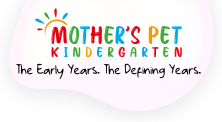


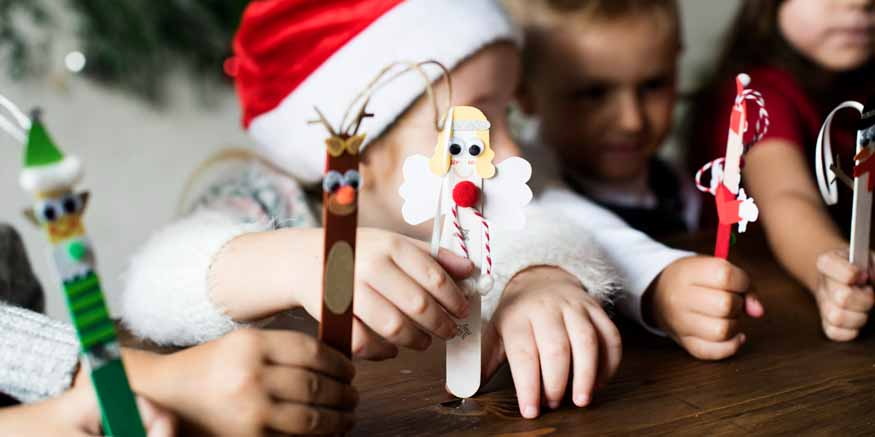


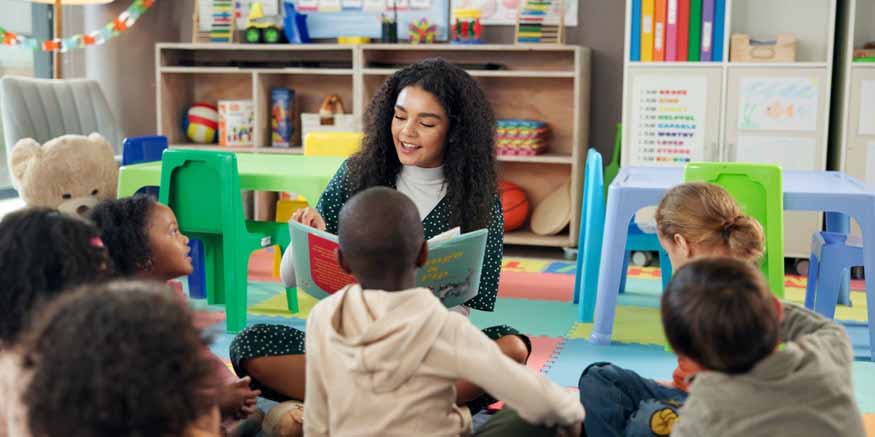
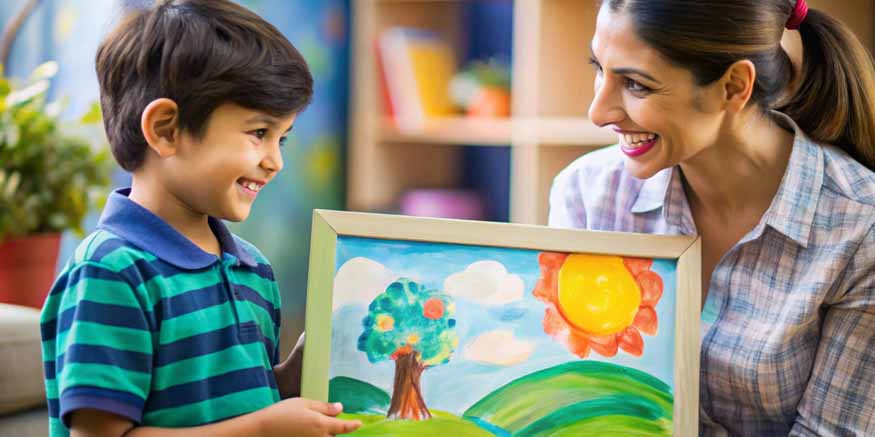
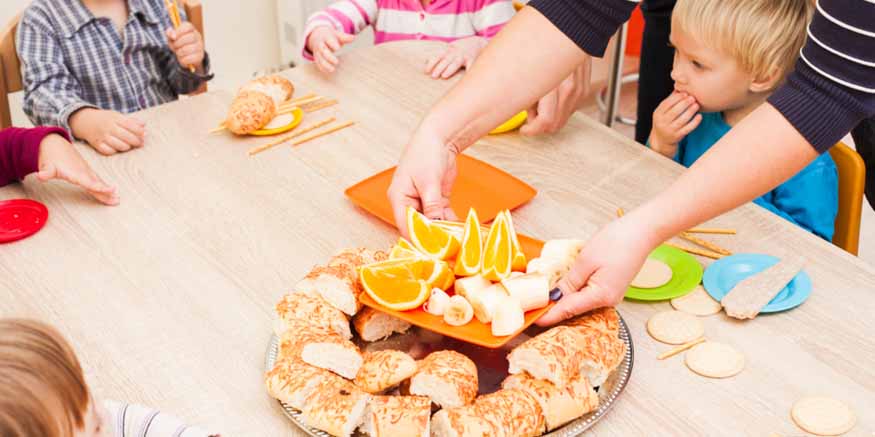

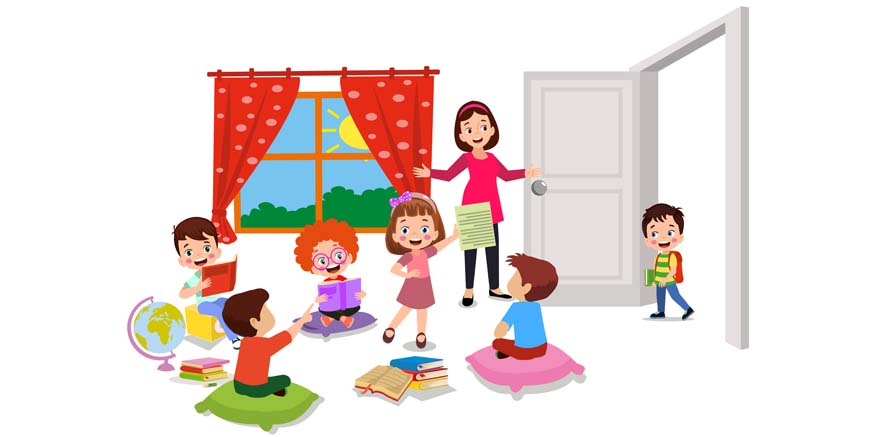

Recent Comments